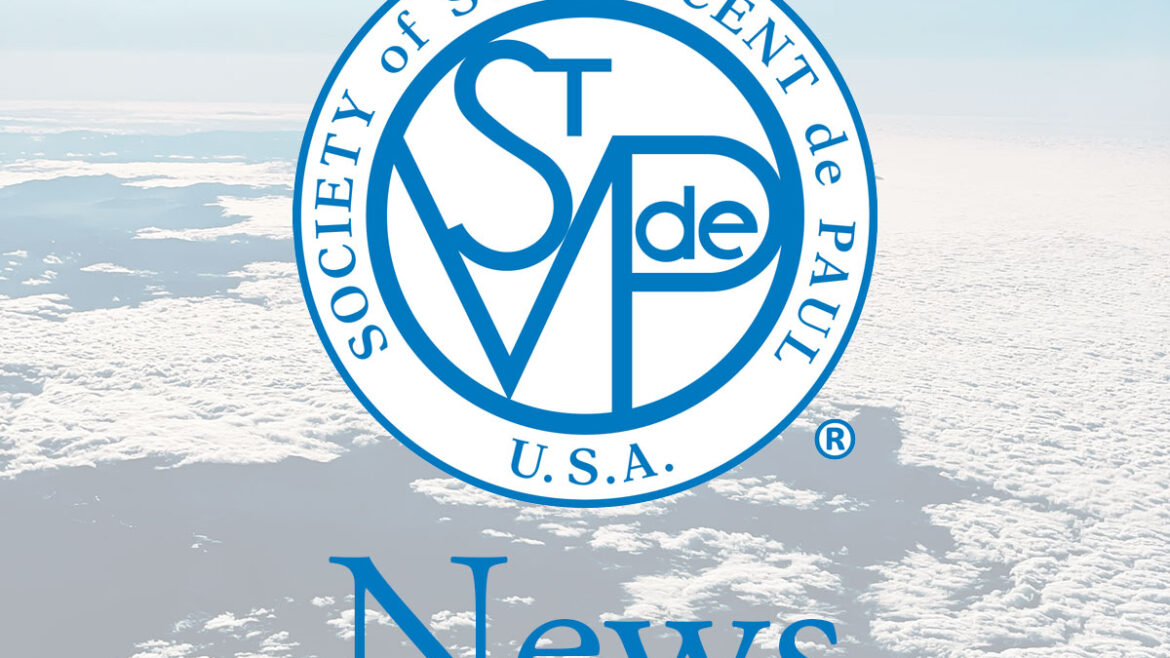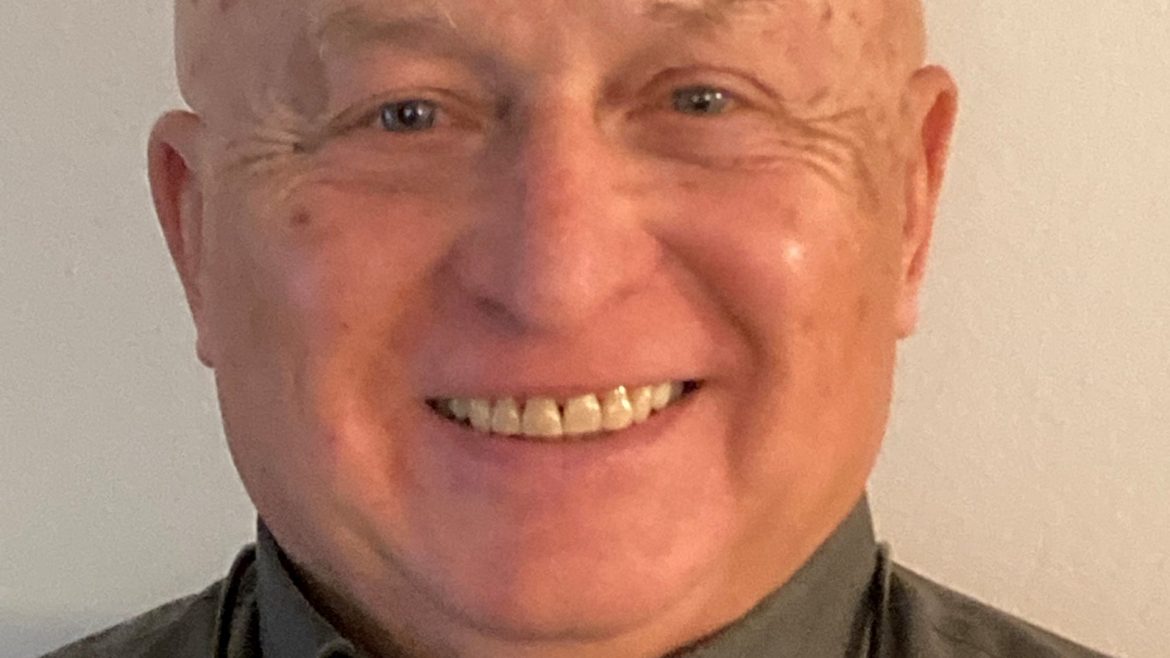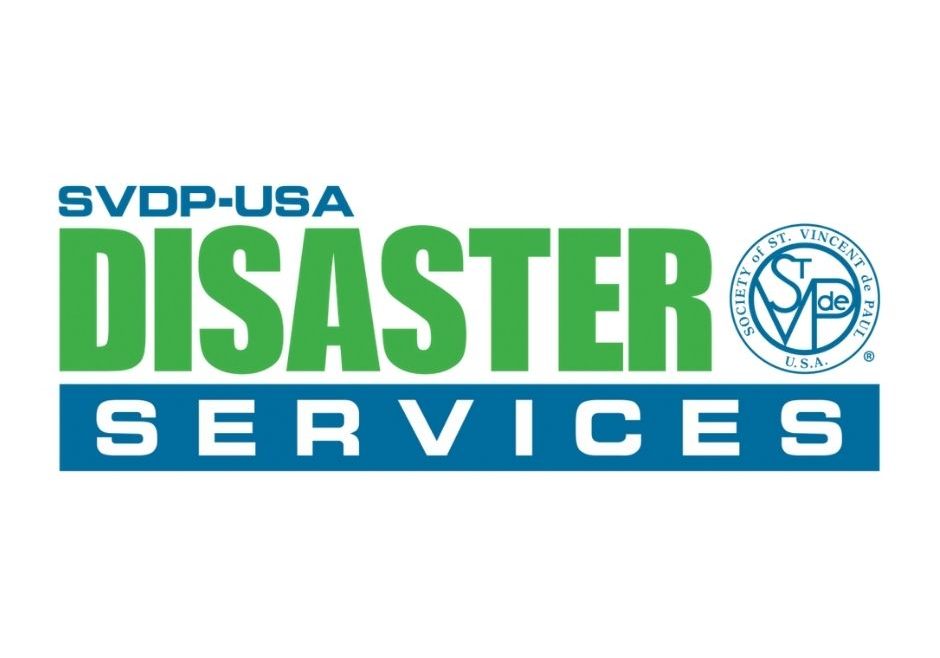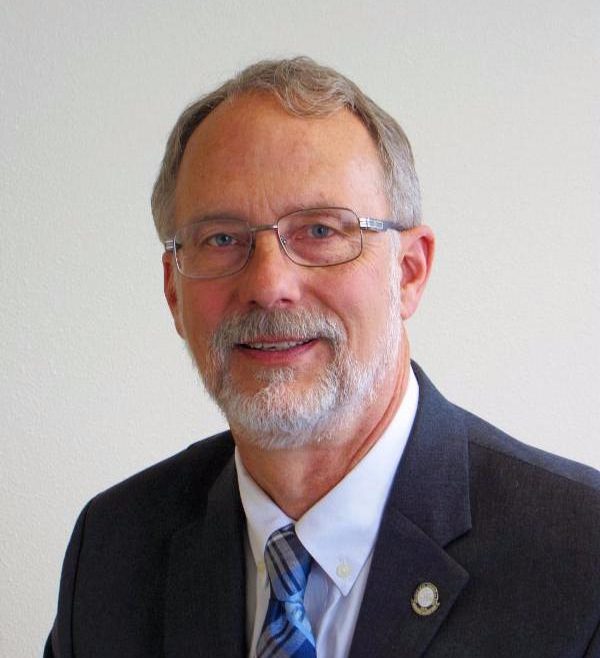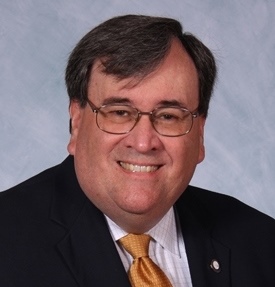To trust in Providence and to do God’s will are two sides of the same coin. After all, without trust in His Providence, doing His will would be merely a chore that would quickly become burdensome. Instead, it should be for us a source of joy!
Our Rule tells us that our Conference meetings are held in a spirit of “Christian joy.” [Rule, Part I, 3.4] How quickly that spirit of joy went missing in the early days of the Society, Blessed Frédéric recounted to his friend Léonce Curnier, when the Conference began “fulfilling [its] duties from habit,” and was “stricken with a general discouragement.” [Letter 90, 1835]
How could it be otherwise if we merely deliver bread and pay bills; if we let our works become … work?
Like our Patron, we seek to “love God with the strength of our arms and the sweat of our brows,” [CCD XI:32] That sounds an awful lot like work, but it is a labor, quite explicitly, of love! Knowing this, we soon see that however challenging it may be at times, “those very things that we thought would cause us pain, on the contrary give us joy.” [CCD X:50]
Charity itself is not work, but love – the love of God. That is why, as St. Vincent teaches, “God does not consider the outcome of the good work undertaken but the charity that accompanied it.” [CCD I:205] The outcome is never up to us, but when we seek to do His will, we can trust the outcome to His providence.
And so, through prayer, discernment, and reflection, individually and in our Conferences, we seek to know God’s will. As Vincentians, our ultimate goal is for God’s will to become our own, so that “it will be no longer [we] who love, but Christ who loves through [us]” [Rule, Part I, 2.1]
Benet of Canfield, a great influence on St Vincent, taught that God’s will is “all the whole spiritual life.” That is why, for Vincent, “the goodness of God, the Will of God, the pleasure of God, and the joy of God” were of one piece. [CCD X:86]
To do God’s will is not to labor in vain, but to serve in hope, and to rejoice in hope!
At the beginning of every Conference meeting, we say the Lord’s Prayer, asking that His will be done on earth as it is in heaven. “Not as it is in Hell, where it is done of necessity,” Bl. Frédéric once explained, “nor among men, where it is often done with murmuring, but as it is in Heaven, with the love and the joy of angels.” [Baunard, 343]
Contemplate
When I feel that I am doing His will, do I open my heart to joy?
Recommended Reading
Instead of reading, watch this particularly joyful rendition of Ode to Joy from Beethoven’s Ninth.


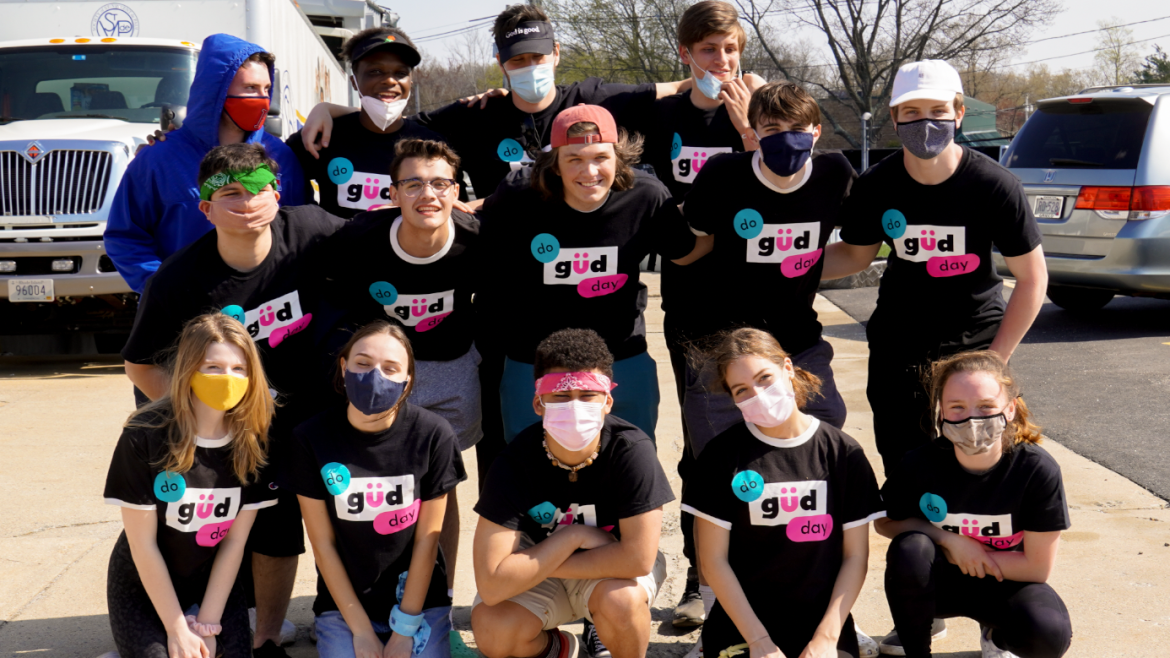
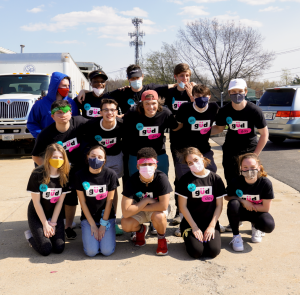
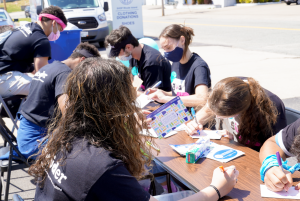 They hosted a
They hosted a 
